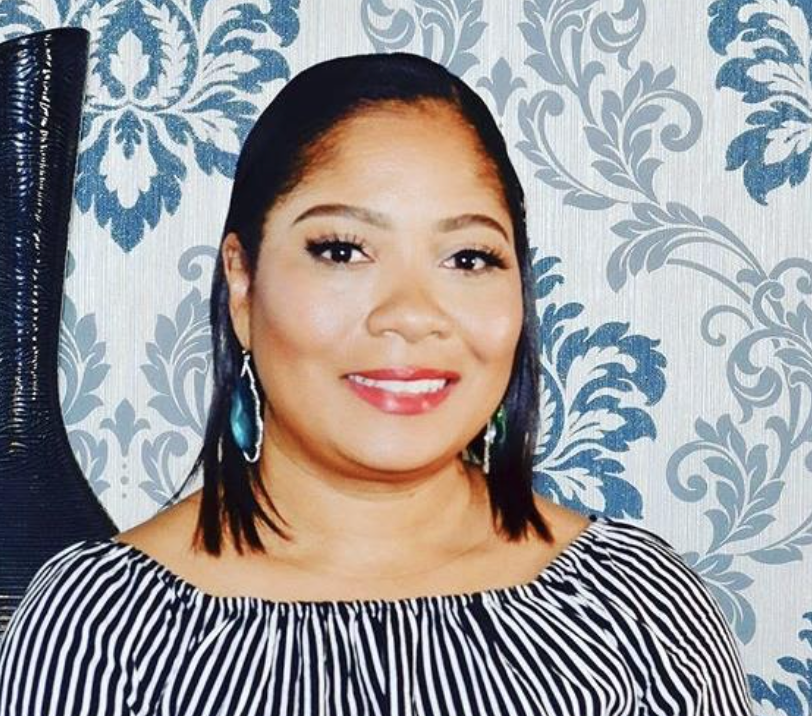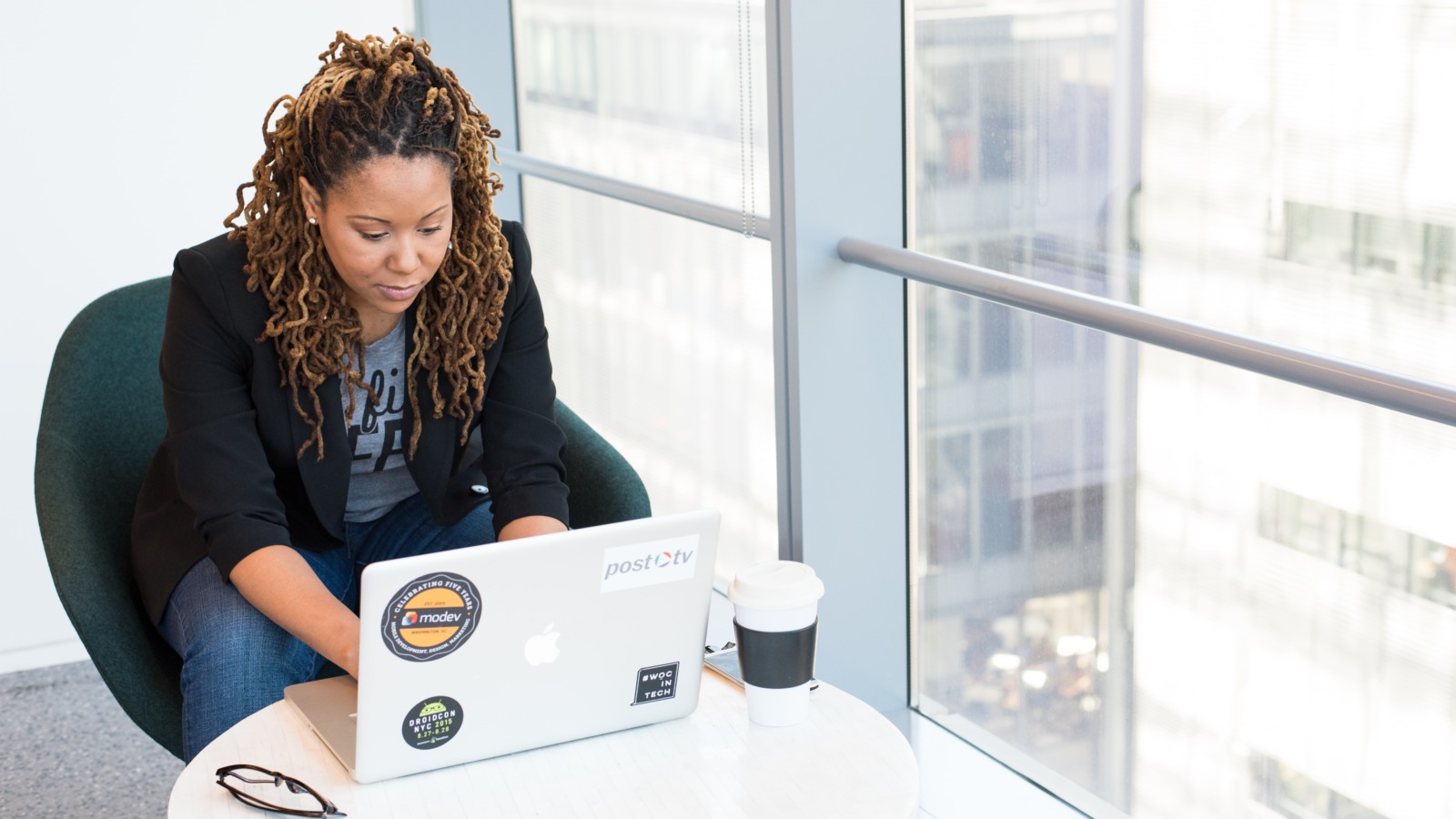The COVID-19 pandemic has caused more than 4.5 million deaths worldwide and has triggered massive economic disruption. During COVID-19, the words “resilience” and “resiliency” have been used in terms our collective ability to withstand shocks and bounce back. The term “resiliency” is normally referred to as the ability to be able weather life’s eventual storms and setbacks. Financial resilience is the ability to bounce back from life-altering setbacks that impact our personal finances (including investments, income and assets), such as the death of a spouse or loved one, divorce, disability, health issues, unemployment as well as events such as economic fallout from a pandemic, a natural disaster or economic recession. Its how well we can absorb, respond to and adjust to a financial shock.
I have personally had my level of financial resilience tested. Once before, in 2009, the life I knew ended suddenly. My husband died tragically, just eight weeks after I gave birth to our second child. I paid it forward with an article entitled, “My Husband Died at Age 34. Here Are 40 Life Lessons I Learned From It.” While my experience was unique, the human response to trauma and grief is universal: 50 million people globally viewed my post, which led to a global movement for Holistic Wealth.
My soul-baring moment led to my award-winning book Holistic Wealth: 32 Life Lessons to Help You Find Purpose, Prosperity and Happiness. The message resonated with people from all walks of life, including Thrive Global founder Arianna Huffington and the producers of Jada Pinkett Smith’s web TV series, “Red Table Talk.” I know that we can overcome the chaos of adversity to thrive financially, physically, emotionally, spiritually and in relationship to others. So, I founded a coaching program, started the Holistic Wealth podcast and setup the Institute on Holistic Wealth. I was able to weather that storm, and remained financially resilient after that major setback because of the steps I took to achieve financial freedom, a framework that I now teach to others.
As a Harvard Trained policy expert and economist, I speak from first-hand experience when I say financial resilience is crucial to your overall wellbeing and economic security. In my book Holistic Wealth I spelled this out clearly. My brand new book, Holistic Wealth (Expanded and Updated): 36 Life Lessons to Help You Recover from Disruption, Find Your Life Purpose, and Achieve Financial Freedom, now available for pre-order, spells out financial resilience in even more detail.
With a global “passion economy” estimated at $38 billion, and led by coaches, self-improvement experts, influencers and other entrepreneurs, there’s no better time to explore your passions to become financially resilient. Here are five characteristics that increase financial resilience:
The Holistic Wealth MindsetTM
The Holistic Wealth MindsetTM and Method that I developed and outlined in Holistic Wealth is critical to overcoming life-altering setbacks. It’s also about embracing and shifting to a mindset that’s empowering and moving away from blame and victimhood. The Holistic Wealth Personal Workbook outlines this in a very helpful way for readers.
In my book Holistic Wealth, I define the Holistic Wealth Mindset as follows:
“A person who approaches life with a holistic wealth mind-set doesn’t fear taking measured risks. The holistic wealth mind-set does not erect fake constraints as barriers to success. People with this mind-set are adept at recognizing fake versus real constraints, and they have mastered the art of recovery from disruption. They don’t compare themselves with others — and they face crisis with dignity and grit. They view setbacks as only temporary — not a permanent constraint. They embrace a holistic wealth mind-set that comprises not only financial savvy and independence but also elements like a life purpose and mission, spiritual connection, and a generous demeanor — all of which leads to a greater sense of wholeness and resilience in times of difficulty, as well as to happiness and joy”. — Copyright @Keisha Blair.
Goals, with Wisdom
Financial resilience should be top of mind when crafting your overall goals and thinking about your holistic wealth portfolio. Each financial decision should be applied with a holistic wealth lens. We can all be far healthier and happier, and more financially resilient if we focus on making decisions in terms of whether those decisions will lead to holistic wealth bank account additions and depletions. So when you make your goals, do so with wisdom and keep your financial resilience goal top of mind, by asking yourself: Will this make me more financially resilient?
Lifelong Learning
As I stated in Holistic Wealth: “In the realm of holistic wealth, lifelong learning is the currency used to stay relevant. And it doesn’t involve just classroom learning (though that’s vitally important). It’s about educating ourselves and our children in a revolutionary way of thinking. It is a tool for resilience when faced with difficulties”. Never stop learning and continue to develop new skills. In terms of your holistic wealth bank account – lifelong learning is like compound interest that continues to compound over time.
A Focus on Moral As Well As Economic Resources
Your network is power and wealth, and tapping into the resources of your network can help you achieve your goals.
In my book Holistic Wealth, I stated: “Albert O. Hirschman, the influential development economist, articulated a difference between what he called “economic resources” and “moral resources.” Hirschman’s view is that when we think economically, we think that the more we deploy resources, the fewer there are left. He developed the idea of “moral resources” and argued that the more we deploy these types of resources, the more they grow”. Moral resources are skills, relationships, collaboration, and knowledge. We need these moral resources in order to be financially resilient.
Financial Resourcefulness
Financial resilience is complimented by financial resourcefulness, which is the ability to leverage your savings, passive sources of income, investments, your salary, life insurance, disability insurance in order to be resourceful when a setback hits. In the Certified Holistic Wealth ConsultantTM program that I teach at the Institute on Holistic Wealth, there are several modules aimed at increasing the level of financial resilience in an individual’s portfolio. We can actually assign an overall score to your portfolio as we try to increase the level of financial resilience and resourcefulness. The Holistic Wealth Personal Workbook also has practical exercises to help you become financial resilient and resourceful.
Video Explanation of Financial Resilience and Financial Resourcefulness
This segment of the Daily Flash TV show that I host, presents a quick summary of financial resilience and financial resourcefulness.
Achieving Financial Resilience
These financial steps can increase your overall financial resilience:
Reduce or eliminate debt
Focus on addressing debt. Your monthly consumer debt payments should be less than 15% or less of your monthly take-home pay. After that develop a savings plan (both short and long term) and stick to it.
Have an Emergency Fund
Everyone should have a good hold on their spending. Developing a budget and building an emergency fund to last six to nine months is paramount. COVID19 has shown that the traditional advice of three-six months of emergency savings is simply not enough. The Institute on Holistic Wealth recommends that each person have an emergency fund to cover at least six to nine months worth of personal expenses to enable financial resilience.
Purchase adequate Life Insurance
Planning well means ensuring you have life insurance, critical illness and disability insurance. This in addition to adequate emergency savings to last for at least six months, and investment income that can yield enough to enable financial resilience.
Increase Your Financial Literacy
As I stated in Holistic Wealth: “Improving your financial literacy is also the greatest stimulant of wealth. A well-planned future also starts with developing your own financial identity. One way to do this is through financial literacy. Improving your financial literacy is also the greatest stimulant of wealth”. Financial literacy is a precursor to financial resilience.
Embrace Your Personal Financial Identity
“Each of us should have a financial identity — one that is distinct and separate from our spouse’s or parents’. If you find yourself always wondering what your friends or parents think about the way you spend or invest, then it’s an indication that you haven’t fully figured out your financial identity. It’s impossible to design a well-planned future without a proper financial identity — we end up living our lives in the footsteps of others—and possibly making the same money mistakes. For instance, what is my investment identity? What are the things I will splurge on versus save on? This can also be tied to our values and mission in life. It is highly individual”. –Keisha Blair
I developed the Personal Financial Identity Framework with a free quiz to enable you to identify your personal financial identity and start honing its strengths. We all have these scripts we grow up with, and messages we get from people that tell us who we are before we know who we are. We need the words to describe who we are. We need to have a sense of who we are. Having this information can be empowering in terms of making money decisions, as well as our money mindset and helping to get rid of money blocks (including ancestral money blocks).
Embrace A Personal Mission
Develop your own personal mission. A personal statement will help you to chart a course in life that’s mission-led and mission-oriented. When developing your mission statement, you’ll want to use action verbs and include qualities that are aspirational. Think: dependable, reliable, open minded, optimistic, courageous, passionate, innovative, and loyal. Check out the Holistic Wealth Personal Workbook for a template and case studies to help you craft your personal mission. The Institute on Holistic Wealth also has a personal mission statement template.
For more great information on achieving Financial Resilience and Financial Resourcefulness, pre-order my new book Holistic Wealth (Expanded and Updated): 36 Life Lessons To Help You Recover From Disruption, Find Your Life Purpose, and Achieve Financial Freedom.
![Holistic Wealth (Expanded and Updated): 36 Life Lessons to Help You Recover from Disruption, Find Your Life Purpose, and Achieve Financial Freedom by [Keisha Blair, Kelly Rutherford]](https://m.media-amazon.com/images/I/51PQDCnahYL.jpg)
Additional Resources
The Holistic Wealth Podcast With Keisha Blair
Also check out these episodes of the Holistic Wealth podcast:
Inaugural episode of the Holistic Wealth podcast with Guest Rachel Rodgers, CEO of HelloSeven
Podcast episode with Loren Ridinger, SVP of Shop.com and Founder of Motives Cosmetics


